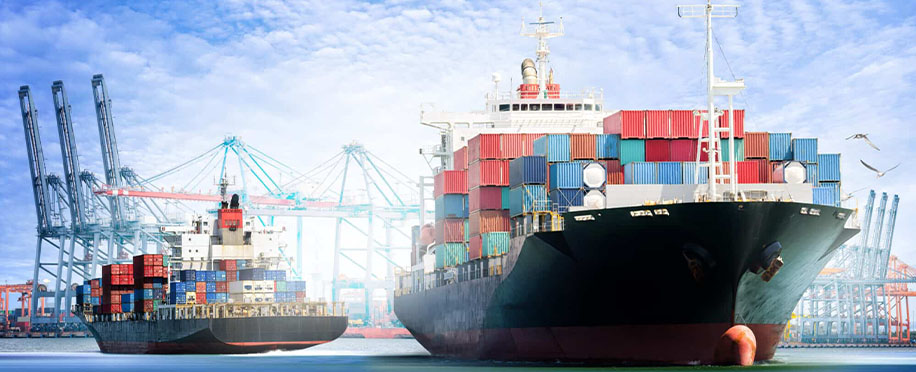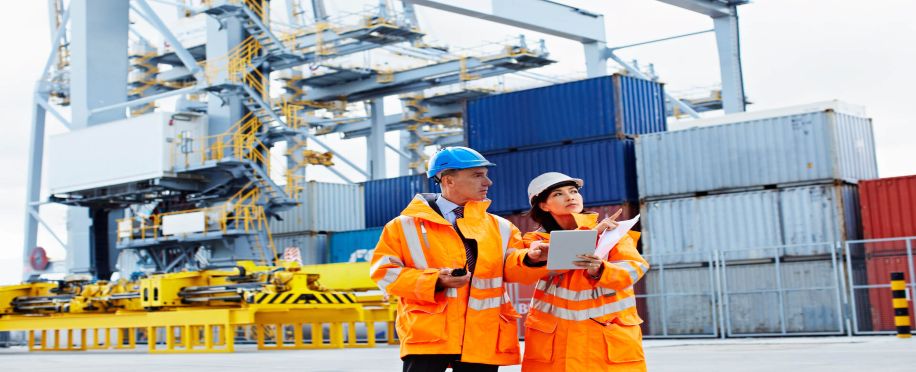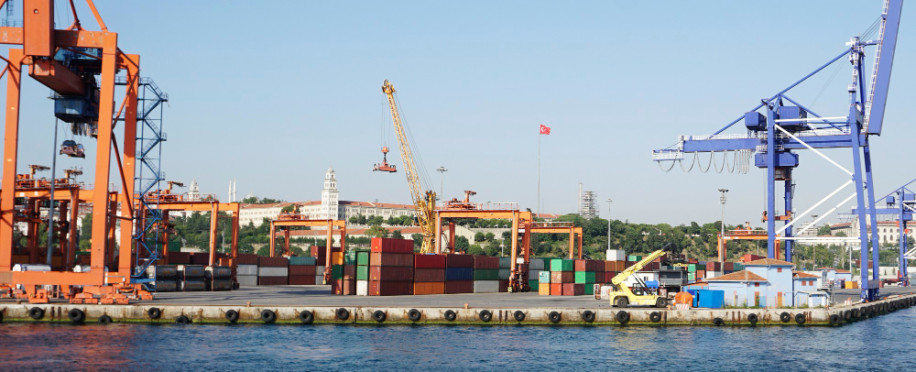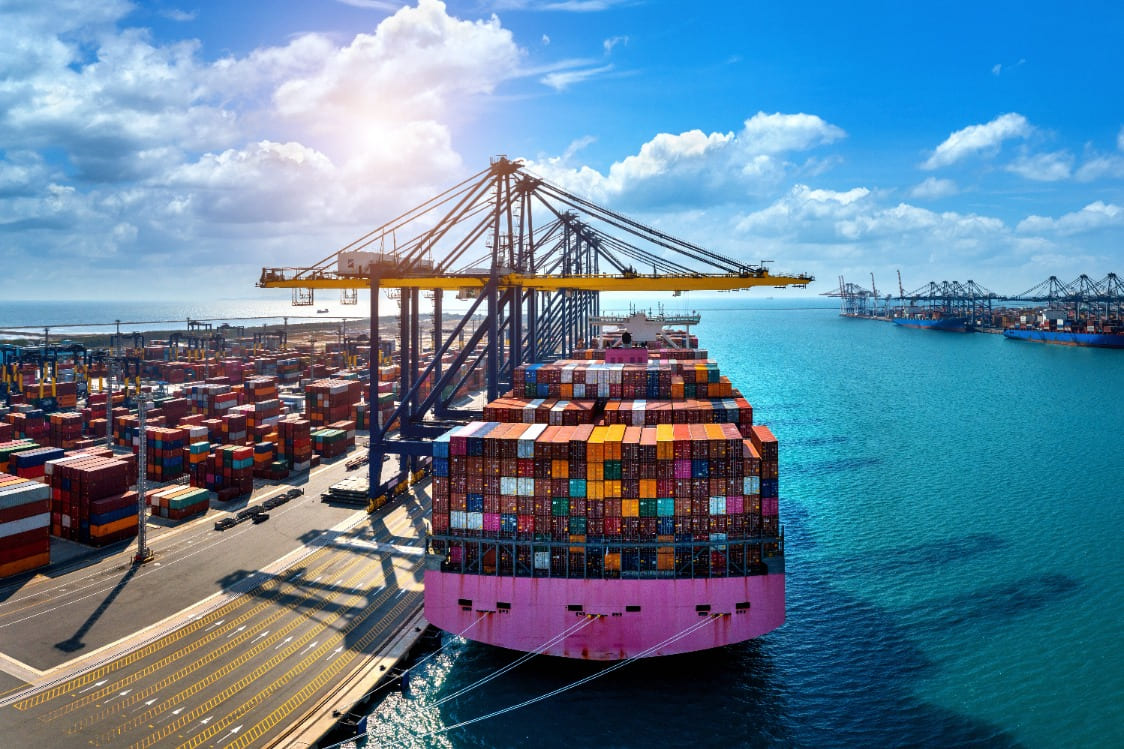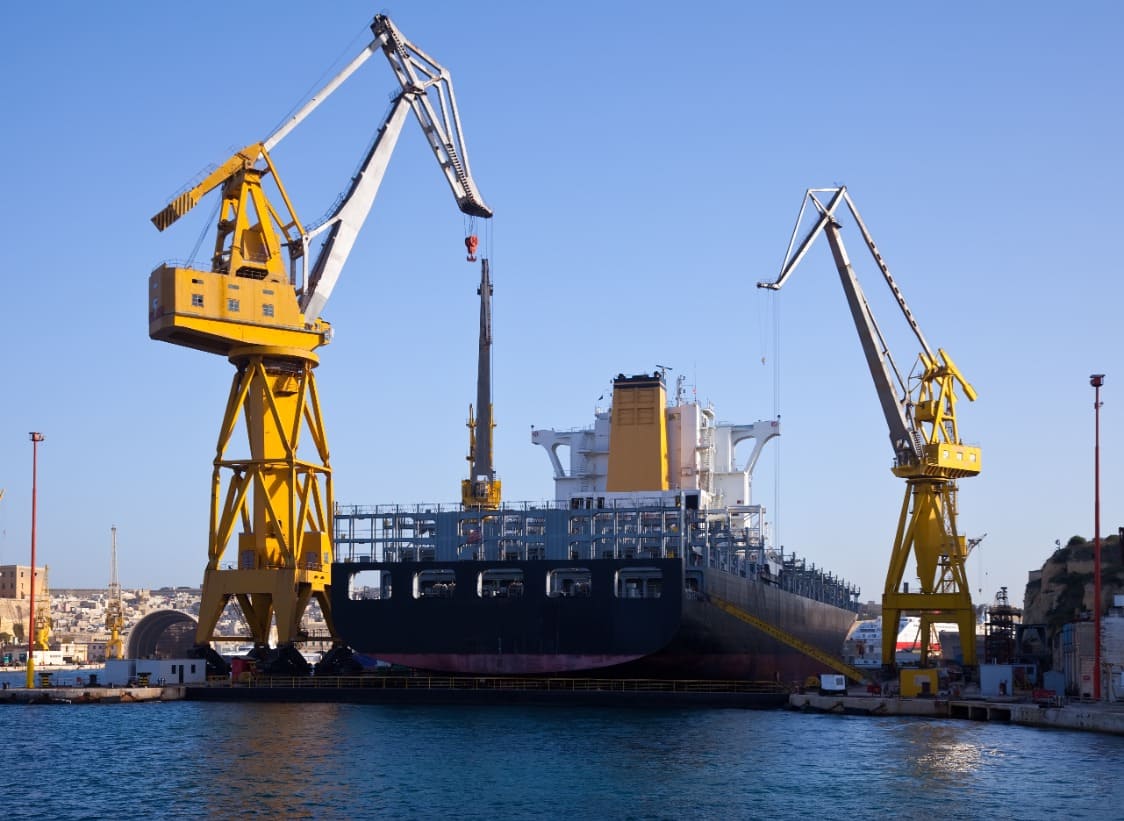The Role of Women in Maritime: Breaking Stereotypes and Leading Change

Posted on Feb 23, 2024 at 11:02 PM
Empowering women in the maritime community was the World Maritime Day theme 2019. To this day, IMO and other naval organisations are working hard to boost gender equality onshore and offshore.
More than that, more women are joining the maritime industry in different roles daily, with all the encouragement and safety shared by companies and organisations globally.
Today, we will talk to you about women in the maritime industry, with historical insights, their significant and influential roles, and their challenges.
The History of Women in the Maritime:
No one can ignore women's involvement in maritime activities throughout history, especially in coastal communities where women played vital roles in supporting maritime economies and activities such as managing households, trading, and shipbuilding.
However, women in maritime did not make that real progress till the late 20th century. Thanks to the implementation of equal employment opportunities and changes in societal attitudes towards women's roles in maritime professions.
When the First Woman Joined the Maritime, and who was She?
When discussing women in maritime, we should mention Mary Anne Talbot, the first recorded woman to serve in the Royal Navy in the early 19th century.
Although Talbot disguised herself as a man and enlisted under the name "John Taylor" before her true gender was discovered, her story highlighted the challenges and barriers women faced in pursuing maritime careers during this period.
The Role of Women in the Maritime Industry:
According to maritime training courses in Athens, women now have actual reach to various roles in the marine industry, whether we are talking about offshore or onshore roles.
Thanks to all the gender equality efforts, women are now reaching significant positions and even competing against men with some kind of equality.

-
Ship Captains and Officers:
Each day, women are getting a step closer and breaking barriers in traditionally male-dominated roles as ship captains and officers.
Now, women are commanding vessels and managing maritime operations with skill and expertise, proving their strong capability and leadership in navigating the seas.
-
Maritime Engineers:
Women are vital players in maritime engineering, as they contribute to the design, construction, and maintenance of ships and offshore structures.
With their verified technical skill and innovative thinking, they advanced the field of maritime engineering.
-
Crew Members:
After years of men controlling the world of seas, women now serve as basic members of ship crews, undertaking diverse roles in navigation, engineering, and deck operations.
Moreover, various reports indicated that maritime women show high adaptability and resilience in challenging maritime environments.
-
Port Personnel:
Women play central roles in port operations, dockyard management, handling cargo logistics, vessel traffic, and port security.
Furthermore, the efficiency and professionalism of women in maritime are leading to the smooth, safe, and efficient movement of goods and vessels.
4 Main Challenges of Women in the Maritime Sector:
Till today, although women serve in various roles within the maritime sector and all the efforts to promote gender equality in the maritime workforce. Yet women are still facing many challenges and inequalities:
-
Underrepresentation:
Women in the maritime industry are underrepresented in almost all roles, particularly leadership and technical roles.
This can impact many women's decision to enter the maritime career, lower career advancement opportunities, and spread gender stereotypes within the industry.
-
Gender Discrimination:
Although we are living in the 21st century, women in the maritime sector and other sectors, as well, are still suffering from encountering gender-based discrimination.
This includes unequal pay, biased hiring practices, and limited access to training and professional development opportunities, which can create aggressive work environments and delay women's career progression.
-
Safety Concerns:
Due to men controlling the maritime industry for many years and the long time spent offshore, Women working at sea may face safety concerns related to harassment, assault, and gender-based violence.
Moreover, limited access to gender-segregated facilities and a shortage of effective reporting mechanisms can leave women vulnerable to abuse and harassment, leading to a harmful impact on their physical and mental well-being.
-
Lack of Mentorship and Networking Opportunities:
Women in the maritime industry often have limited access to mentorship, networking, and professional support systems, which are essential for career advancement and skill development.
The lack of female role models and support networks can isolate women in the industry and influence their ability to thrive and succeed.
Eventually,
The trips of women in maritime have been challenging and lengthy; however, no one can ignore the significant steps women are taking in this industry. And all the efforts made by the International Maritime Organisation and other organisations to share equality.
Thus, be part of this international movement and celebrate International Day for Women in Maritime on 18 May by sharing professional training opportunities with your team.
